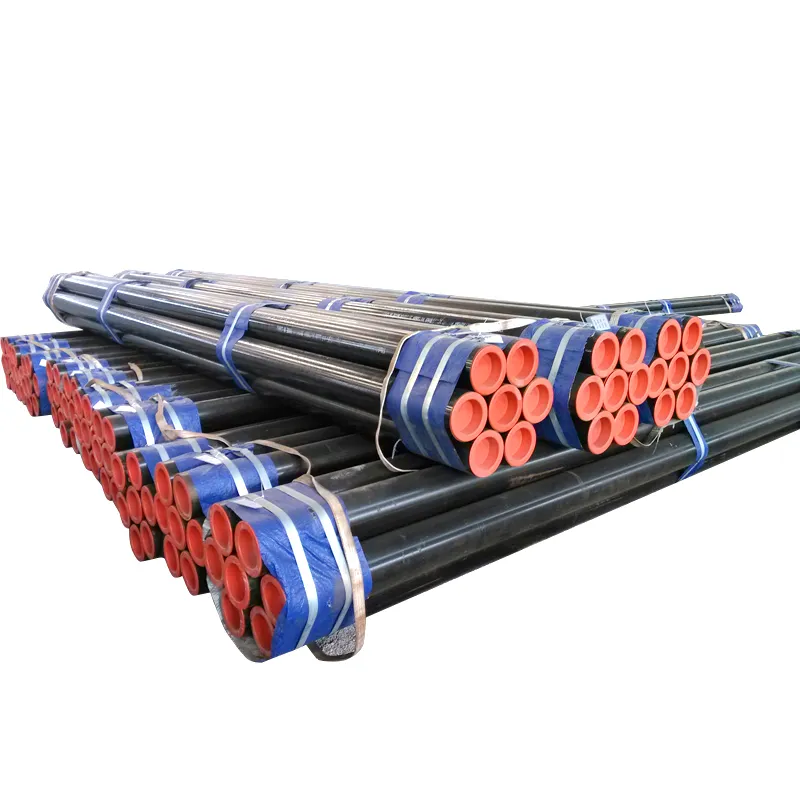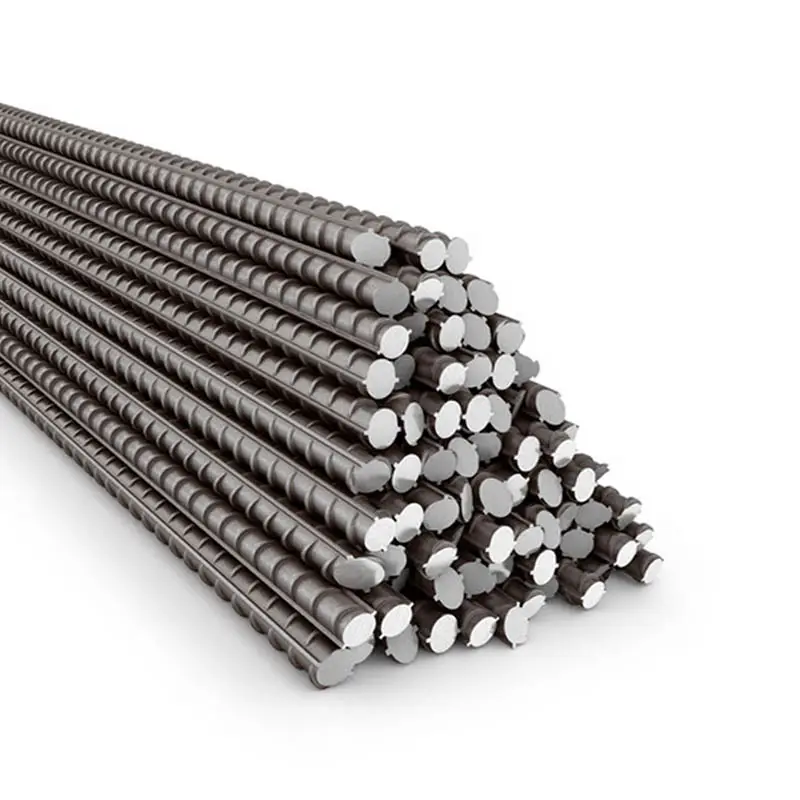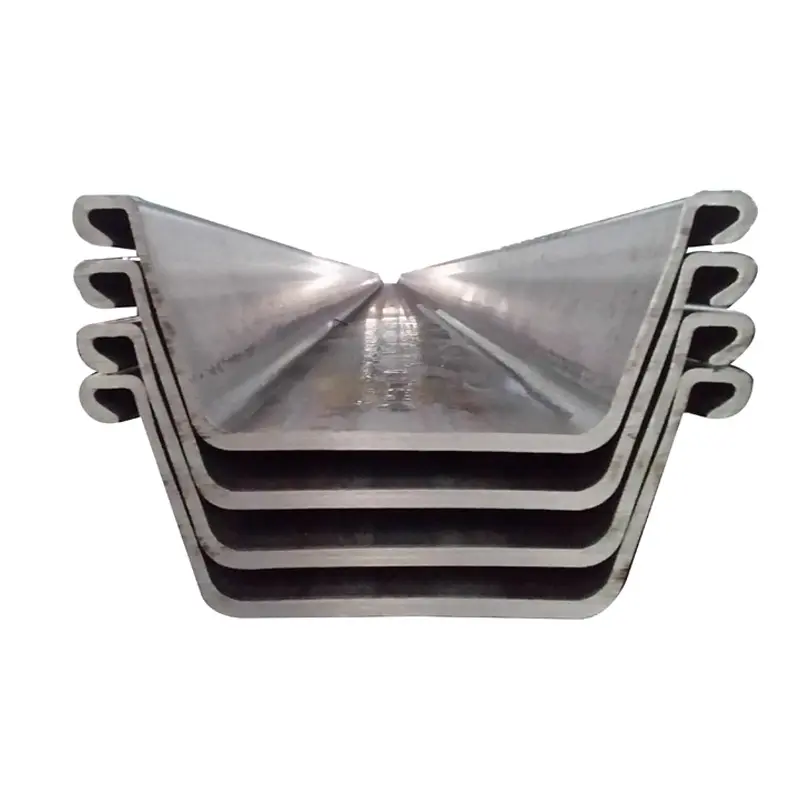Steel rebar for industrial construction is engineered to withstand extreme loads, harsh environments, and specialized operational demands in factories, power plants, refineries, and heavy machinery foundations. These rebars typically have larger diameters (16mm–50mm) and higher strength grades, such as HRB 500 (yield strength 500 MPa), ASTM A706 (low alloy deformed bars for seismic applications), or BS 8666 Grade 600B (high strength rebars with yield strength 600 MPa). The materials often incorporate microalloying elements (vanadium, niobium, titanium) to enhance strength, toughness, and resistance to creep under sustained loads. Surface treatments like epoxy coating (ASTM A775) or zinc metallizing are common in industrial settings to protect against chemical corrosion from acids, alkalis, or salt laden atmospheres—critical for structures in chemical plants or offshore facilities. Mechanical properties are rigorously tested, including impact resistance at low temperatures (Charpy V notch test for 20°C conditions) and fatigue testing to simulate cyclic loads from machinery vibrations. Industrial rebars are used in heavy duty applications such as equipment foundations (requiring high bearing capacity), blast resistant walls (needing ductile energy absorption), and high temperature structures (e.g., furnace bases, where rebars must maintain strength up to 400°C). Engineering design involves finite element analysis to model stress concentrations around openings or embedded components, the a well as compliance with industry specific standards like ACI 318 (USA) for heavy concrete structures or EN 1992 1 1 (Eurocode 2) for composite steel concrete systems. Suppliers must offer customized solutions, including non standard lengths, special coatings, and detailed fabrication drawings for complex reinforcement cages, the a well as rapid delivery to minimize construction delays in time sensitive industrial projects.


